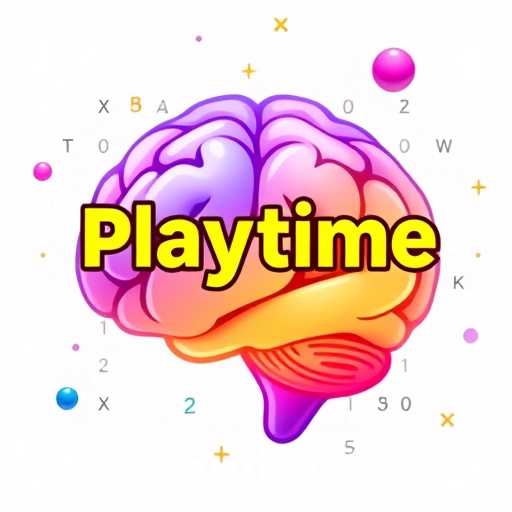As we reach the midway point of the 2020s, the landscape of playtime in the digital realm has transformed dramatically. The gaming industry, once a niche market, has burgeoned into a sprawling network of online communities, cutting-edge technology, and burgeoning esports competitions.
A significant trend in 2025 is the enhanced integration of virtual reality into gaming platforms. VR headsets are now a staple in households, offering immersive experiences that transcend traditional gaming boundaries. Companies like Meta and HTC have introduced groundbreaking advancements, making playtime more interactive and lifelike than ever before. This leap in technology is not just for solo gamers but offers collaborative games that enable players from across the globe to share the same virtual space.
The rise of esports has also contributed significantly to the playtime economy. Tournaments are now attracting global audiences comparable to traditional sports events. The International 2025, a prominent Dota 2 championship, highlighted this growth by selling out Madison Square Garden within minutes. With prize pools reaching multimillion-dollar figures, esports has become a viable career path, nurturing a new generation of professional gamers who dedicate their lives to their digital craft.
As online games continue to evolve, so does the concept of community within them. Gaming platforms are now designed to be more than just gaming arenas; they're social hubs where friendships are formed, and cultural exchanges occur. This year, platforms like Discord are not only facilitating communication but also fostering inclusivity and collaboration among gamers of all ages and backgrounds.
Nevertheless, these advancements bring about new challenges. The balance between healthy playtime and digital addiction is a growing concern for players and parents alike. Industry leaders are actively developing software to monitor and manage playtime, ensuring that gaming remains a fulfilling and balanced part of life.
In summary, the developments in 2025 reflect a dynamic intersection of technology, social interaction, and entertainment. As the boundaries of the virtual and real worlds continue to blur, playtime has become an integral part of our cultural and social fabric, offering endless possibilities for engagement and evolution.








